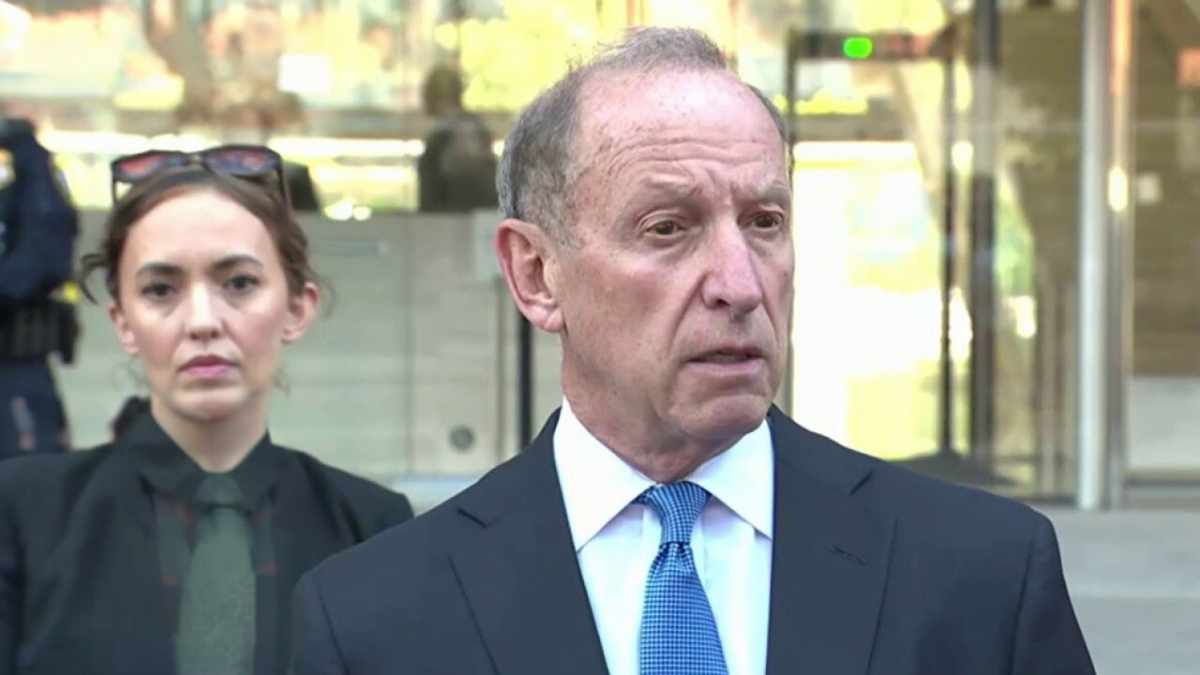
Hunter Biden, son of President Joe Biden, recently made headlines by entering a guilty plea in a federal case that has garnered significant media attention. Hunter’s decision to plead guilty was, according to his attorney, motivated by a desire to protect his family from further public scrutiny and unnecessary harm. The case, which involves tax evasion and other charges, has been described by Hunter’s defense team as both “extreme and unusual” in its nature.
The Context of the Guilty Plea
Hunter Biden’s guilty plea is rooted in tax-related issues that occurred during a particularly challenging time in his life. Like many Americans, Hunter fell behind on filing and paying his taxes. However, unlike millions of others, he faced criminal charges for his financial shortcomings. This legal action came despite his efforts to rectify the situation by paying his overdue taxes, along with interest and penalties, well before any charges were brought against him.
Hunter’s attorney emphasized that his client’s actions were taken in the best interest of his family. By entering the plea, Hunter sought to prevent a public trial that could have subjected his loved ones to further humiliation and pain. The plea allows Hunter and his legal team to focus on the upcoming sentencing phase while keeping open the possibility of appealing certain aspects of the case.
A Case of Addiction and Recovery
A significant part of Hunter Biden’s defense revolves around his battle with addiction. During the period in question, Hunter was struggling with severe substance abuse issues, which his legal team argues played a critical role in his financial mismanagement. Addiction is a powerful force that can lead to poor decision-making, and Hunter’s case is no exception.
Despite his struggles, Hunter has since taken significant steps towards recovery. His attorney pointed out that Hunter’s efforts to address his tax issues were made well before any criminal charges were filed, indicating a genuine desire to make amends. In fact, Hunter is said to have overpaid his taxes in the year he was charged, further demonstrating his commitment to rectifying past mistakes.
The Legal Implications and Future Prospects
Hunter Biden’s legal battle is far from over. Although he has entered a guilty plea, his defense team plans to challenge certain aspects of the case on appeal. This indicates that they believe there are legitimate legal issues that have yet to be fully addressed. The case itself has been described as highly unusual, particularly in the way it has been handled by the government.
The legal implications of this case extend beyond Hunter Biden himself. As the son of the sitting President of the United States, his legal troubles have inevitably drawn attention to the Biden administration. Critics of the administration have seized upon the case as evidence of corruption, while supporters argue that Hunter is being unfairly targeted due to his family’s political prominence.
Protecting the Family: A Central Theme
Throughout this legal ordeal, the concept of family has remained central to Hunter Biden’s decisions. His attorney emphasized that Hunter’s primary motivation for entering the guilty plea was to shield his family from further harm. The public nature of the case has undoubtedly taken a toll on the Biden family, and Hunter’s plea represents an attempt to bring some measure of closure to the situation.
The decision to put family first, even at the expense of potentially fighting the charges in a public trial, speaks to the complex dynamics at play in high-profile legal cases. For Hunter Biden, the desire to protect his loved ones outweighed the potential benefits of prolonging the legal battle.
The Broader Conversation on Addiction and Accountability
Hunter Biden’s case also brings to light broader societal issues related to addiction and accountability. Addiction is a widespread problem that affects millions of Americans, and it often leads to behaviors that have legal consequences. However, the way the justice system handles these cases can vary significantly, depending on the individual involved.
In Hunter’s case, his defense team has argued that his addiction should be taken into account when assessing his legal culpability. This raises important questions about how the legal system treats individuals struggling with addiction and whether more compassionate approaches are needed.
At the same time, there is a need for accountability. While addiction may explain certain behaviors, it does not excuse them entirely. Hunter Biden’s case highlights the delicate balance between holding individuals accountable for their actions and recognizing the impact of addiction on their lives.
Moving Forward: What’s Next for Hunter Biden?
As Hunter Biden moves into the sentencing phase of his legal case, many questions remain. Will his plea help bring an end to the public scrutiny that has surrounded him for years, or will it simply mark the beginning of a new chapter in his legal battles? What impact will this case have on the Biden administration, and how will it affect public perceptions of the President’s family?
Only time will tell how this case will ultimately play out. For now, Hunter Biden’s decision to plead guilty represents a significant moment in a long and complex legal saga. By putting his family first, he has made a choice that reflects both personal sacrifice and a desire to move forward from a tumultuous period in his life.
As the legal process continues, the broader implications of this case will likely continue to resonate, both in terms of the justice system’s treatment of addiction and the public’s perception of the Biden family. Hunter Biden’s journey is far from over, but his decision to plead guilty marks a crucial step in his path towards resolution.
Kamala Harris’s Policy Shifts: Debating Her Leadership and Core Values in 2024